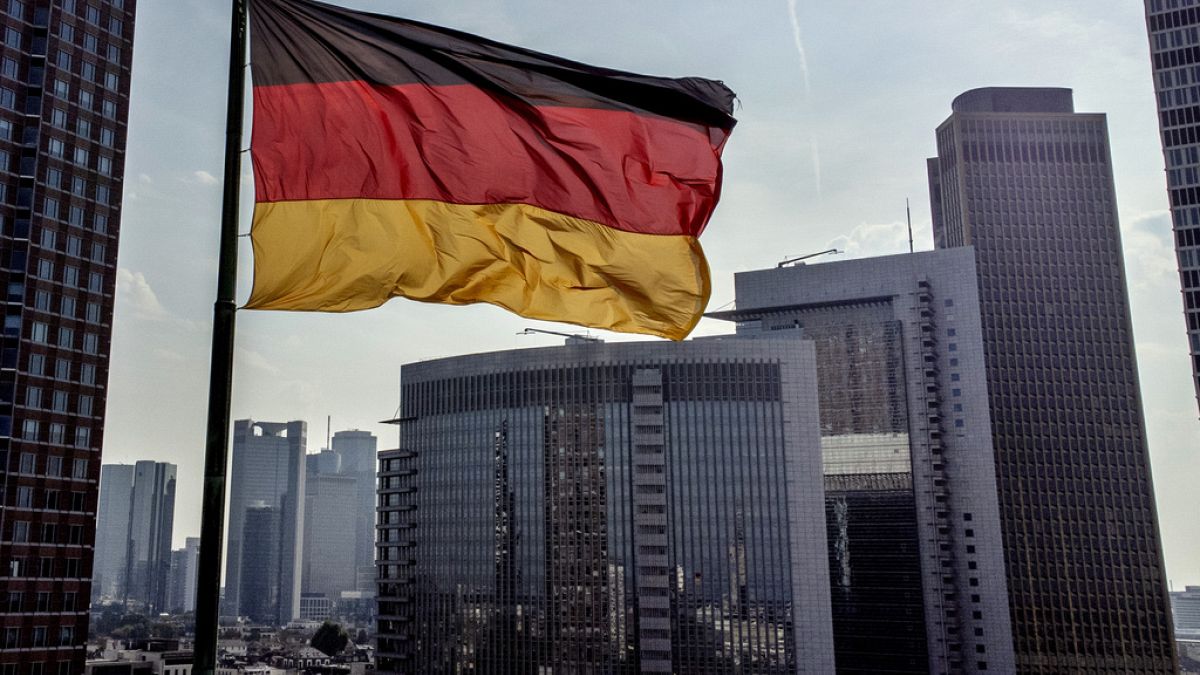Voters will head to the polls in the German states of Saxony and Thuringia on Sunday in an election likely to be closely watched as an indicator of public sentiment towards the country’s government.
Regional elections for the German states of Saxony and Thuringia will take place on Sunday, with many warning against the possible success of the far right.
The performance of the far-right Alternative for Germany (AfD) is likely to be closely watched as an indicator of public sentiment towards Germany’s current coalition government.
Anti-immigration sentiment within the country has spiked following recent extremist attacks, such as last week’s deadly knife attack in the western German city of Solingen which the Islamic State group claimed responsibility for.
Saxony has traditionally been a stronghold for the German Christian Democratic Union party (CDU), which has consistently been popular across Germany for the last few decades.
However, five years ago it was forced to enter a three-party alliance with the German Green and Social Democratic Party (SPD).
Its ability to govern is currently up in the air, with a close call between the CDU and AfD expected in this weekend’s elections.
These elections could mark AfD’s strongest electoral showing yet, with the party polling at around 30% in Thuringia.
Risk of “a locked political system”
As voters prepare to head to the polls, minority groups warn against the potential rise of the far-right AfD.
The American Jewish Committee’s Berlin office issued a pamphlet detailing what it describes as the AfD’s anti-Semitic ideology and links to extremism.
Speaking to Euronews, the group’s director warned of the risk that the rise of the AfD poses.
“Maybe we’ll see after the state elections that it will be very hard for the other parties to form a coalition without the AfD,” said Remko Leemhuis, “That could mean a locked political system with no functioning government.”
AfD’s policies could also have broader consequences at a European level.
In the past, the party has proposed holding a referendum on whether Germany should exit the European Union – a move that could threaten the entire European ecosystem.
The AfD came second in Germany during this year’s EU election, campaigning with the debate over migration and refugees as a central issue in its platform.

